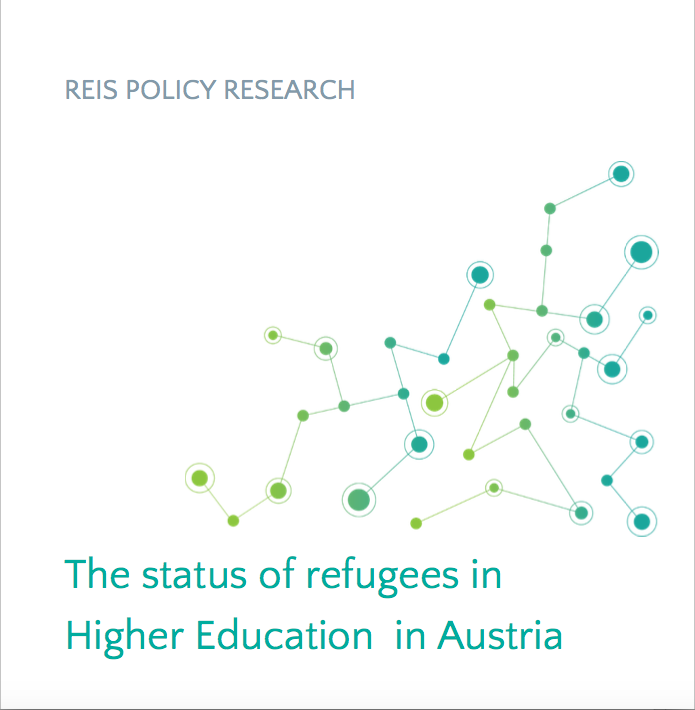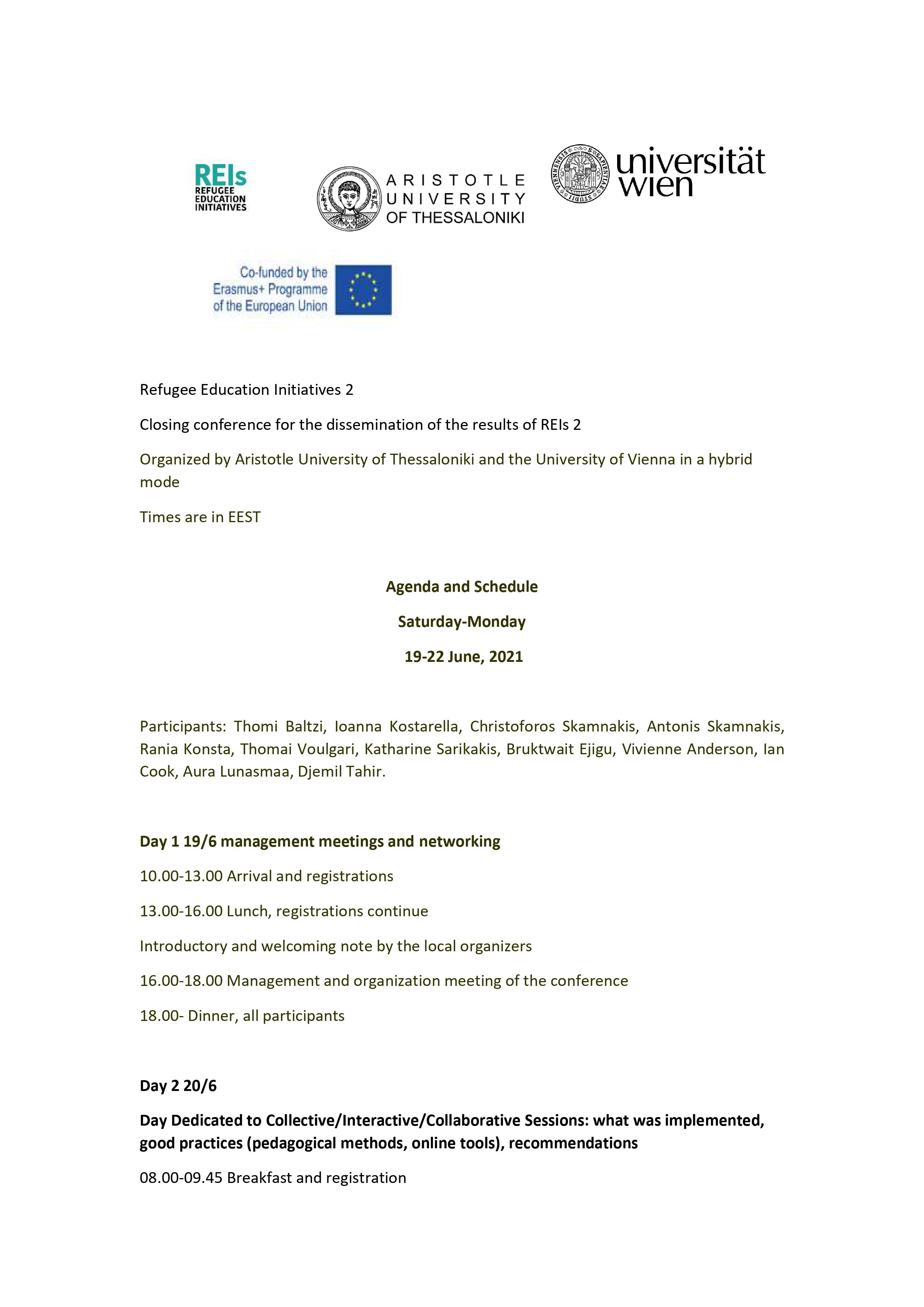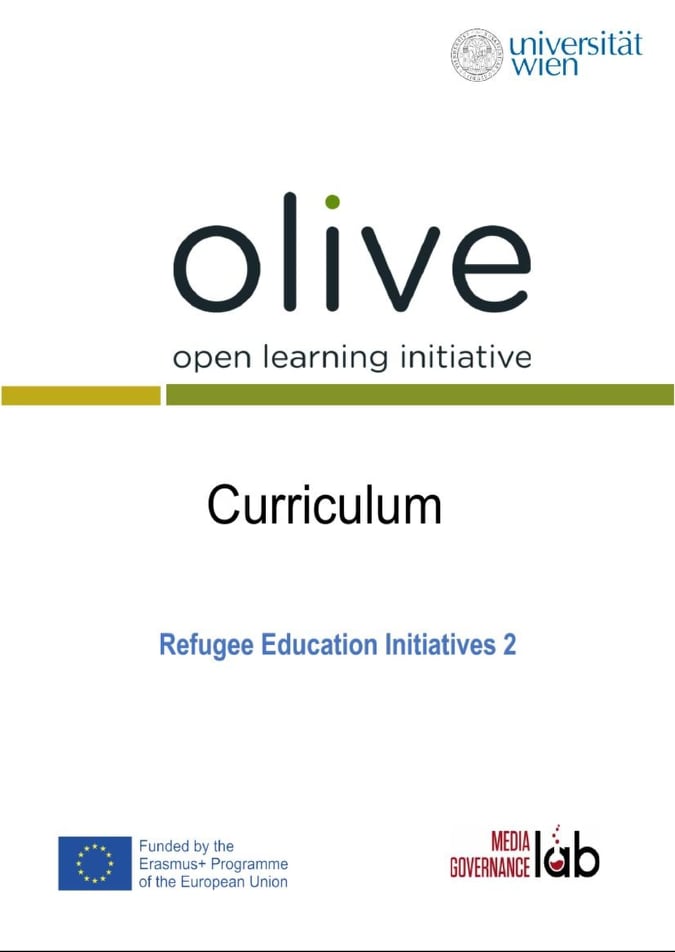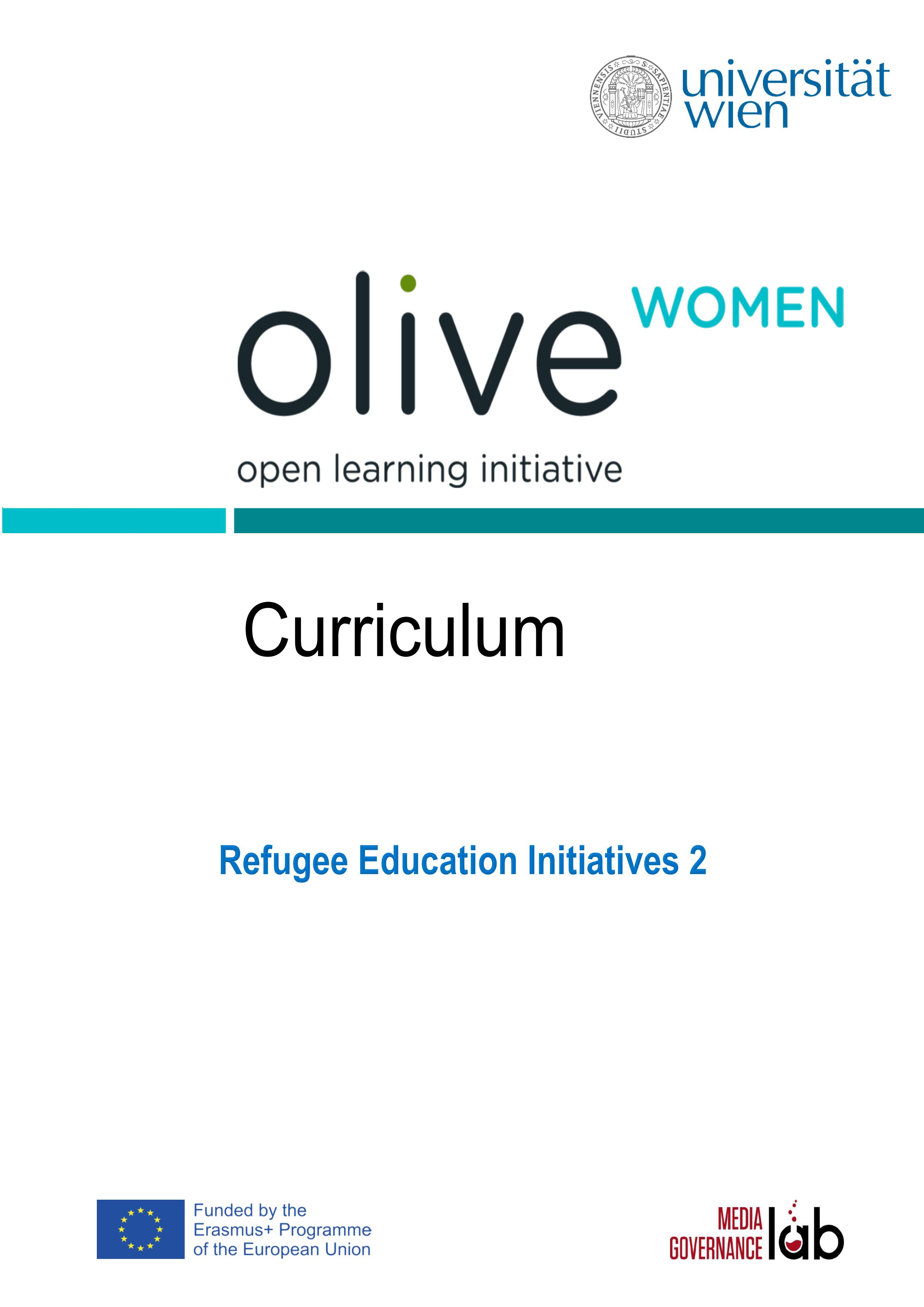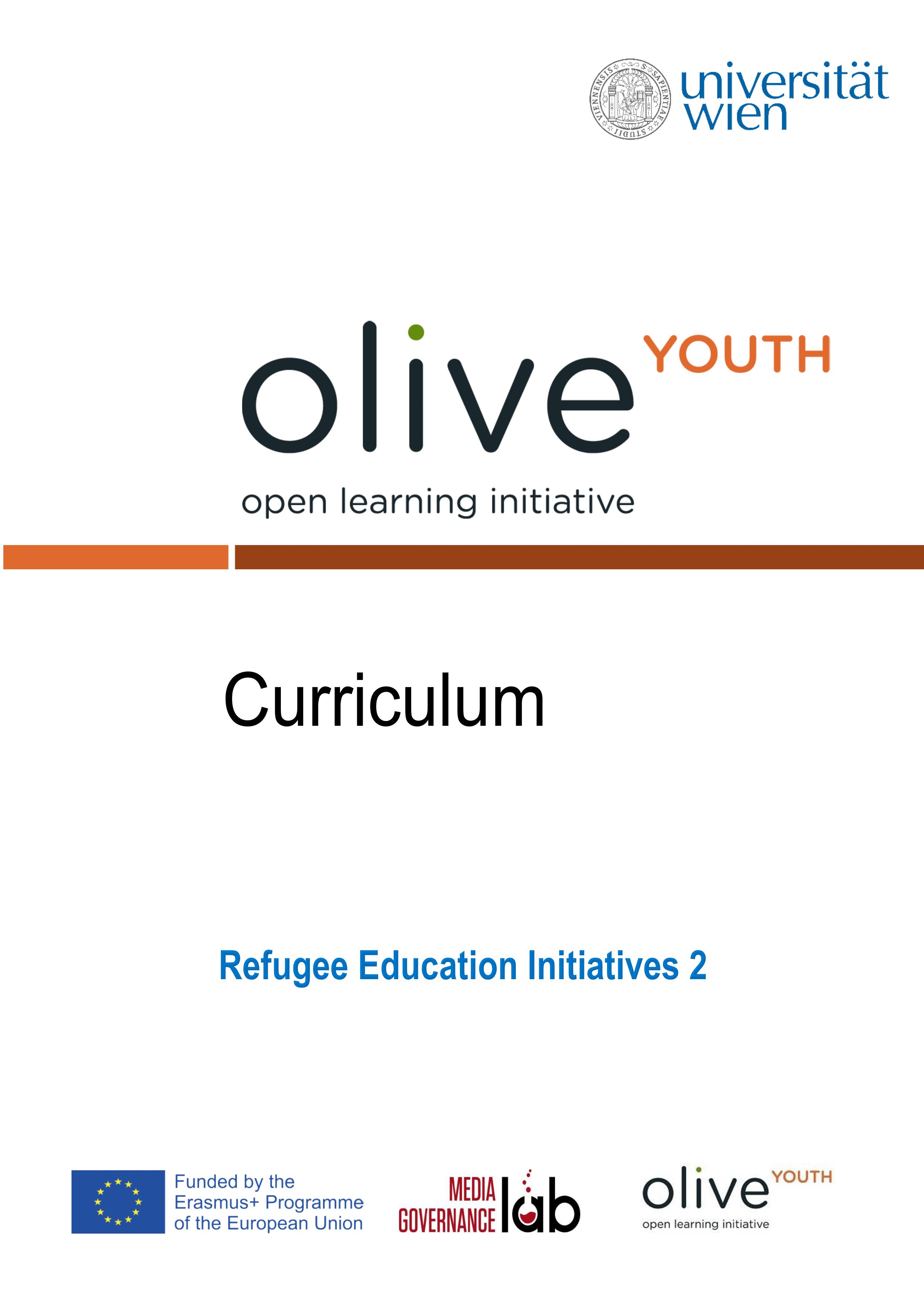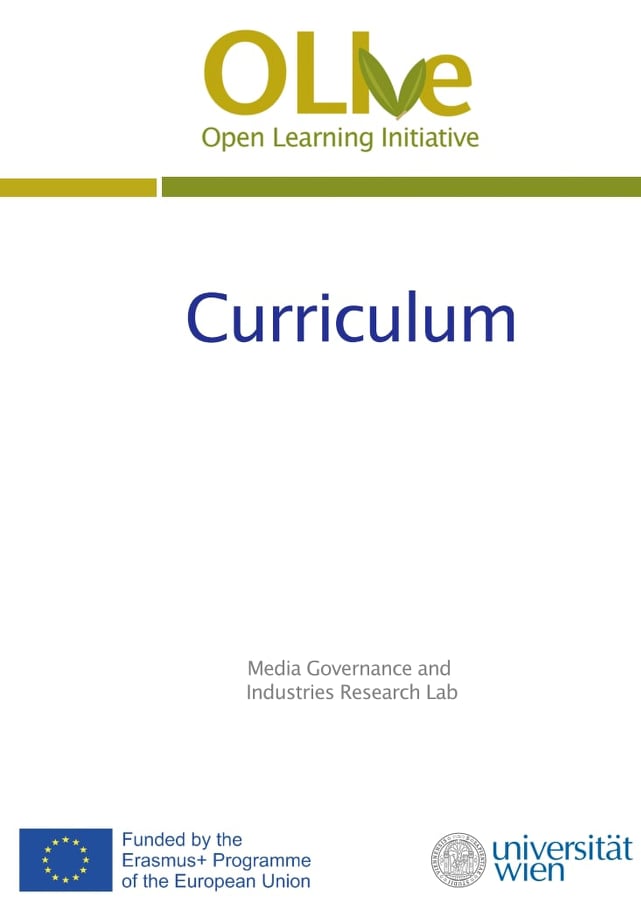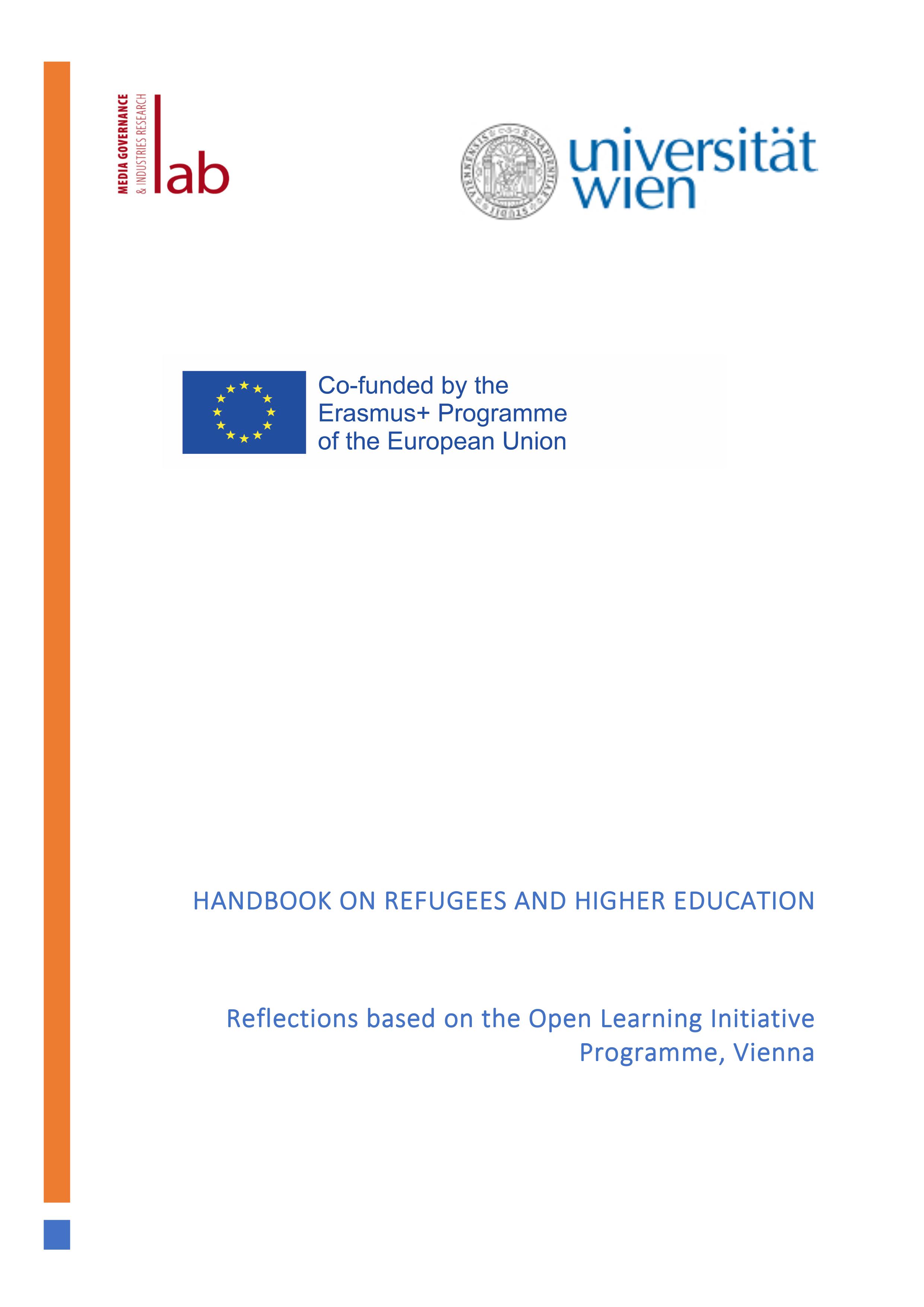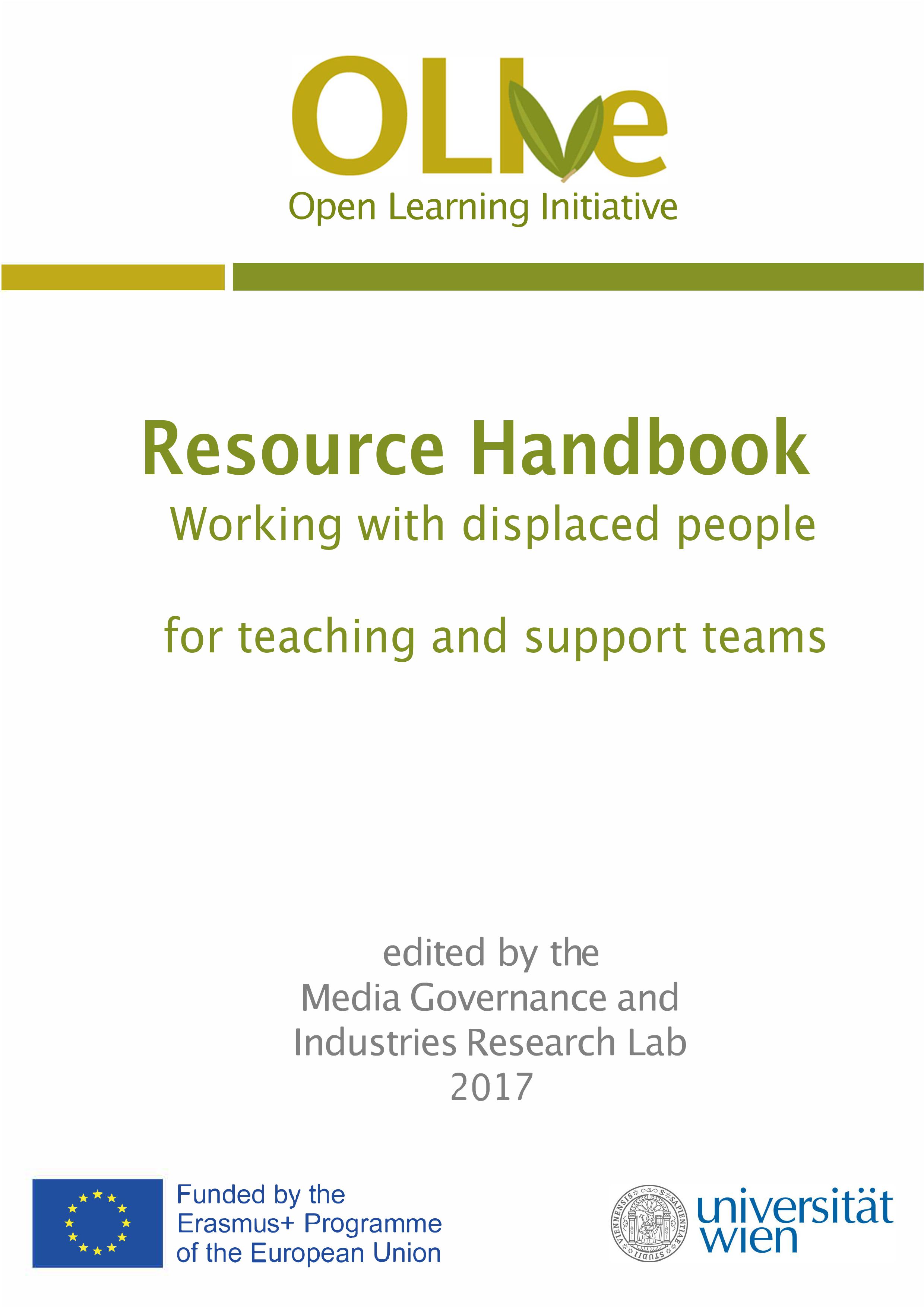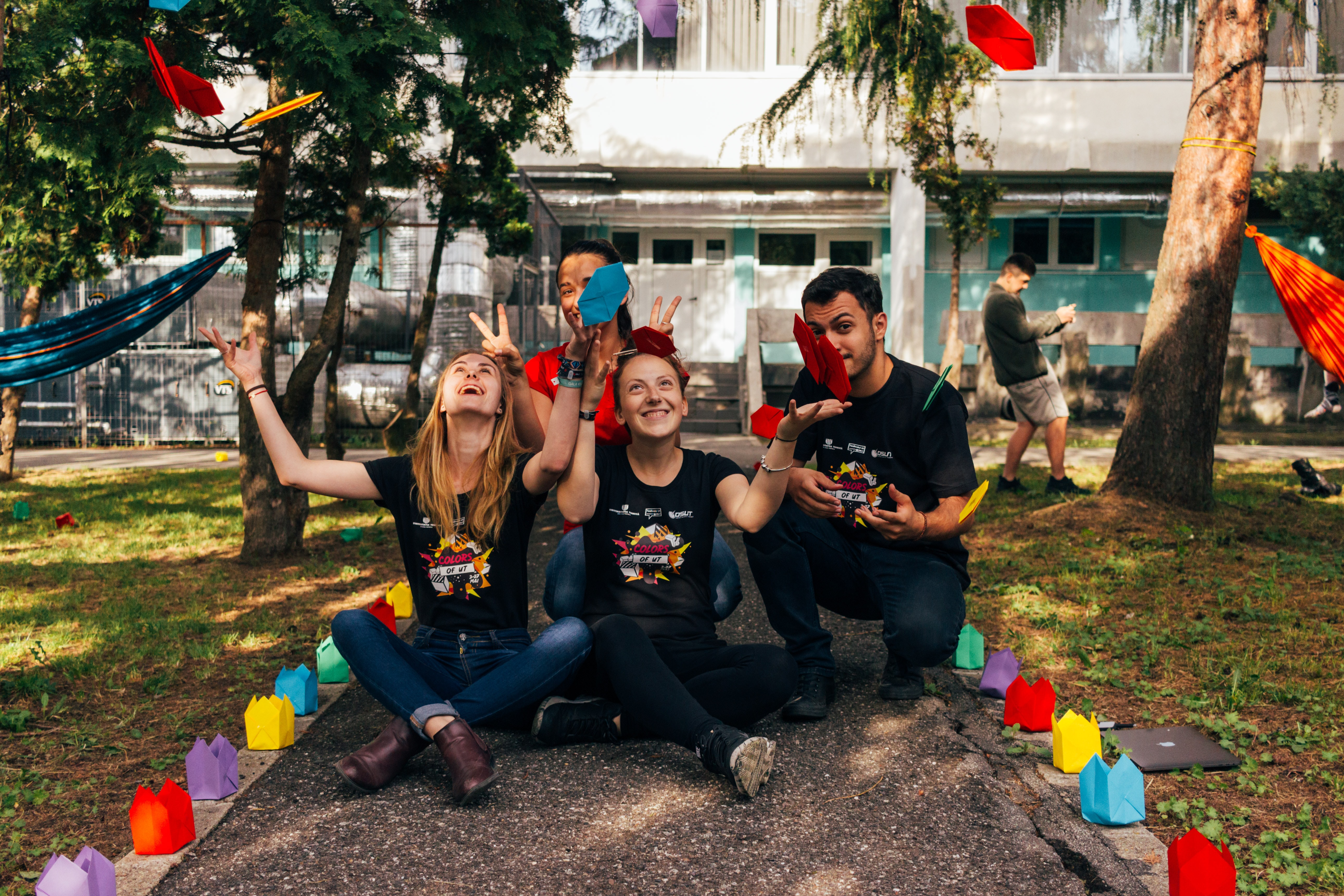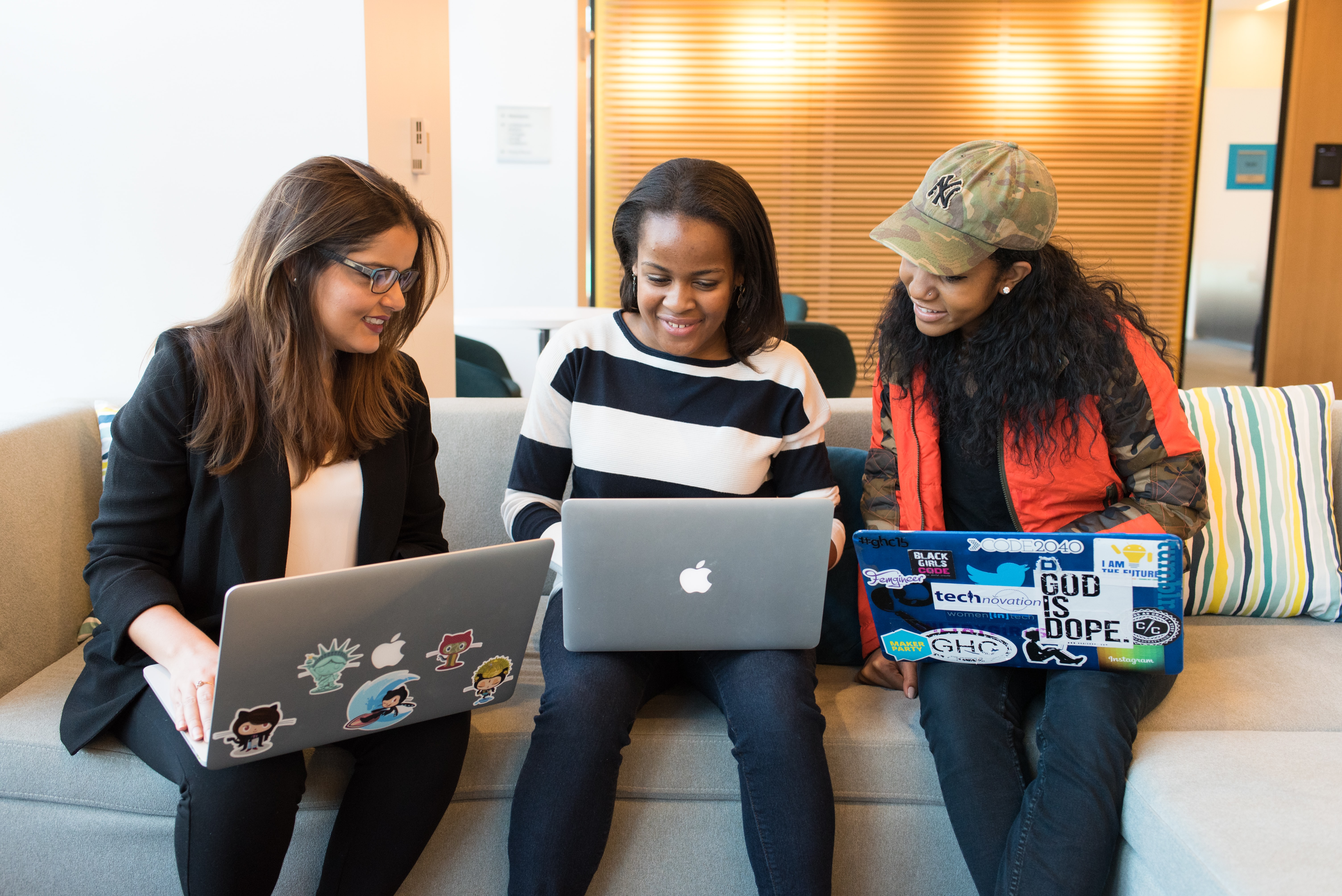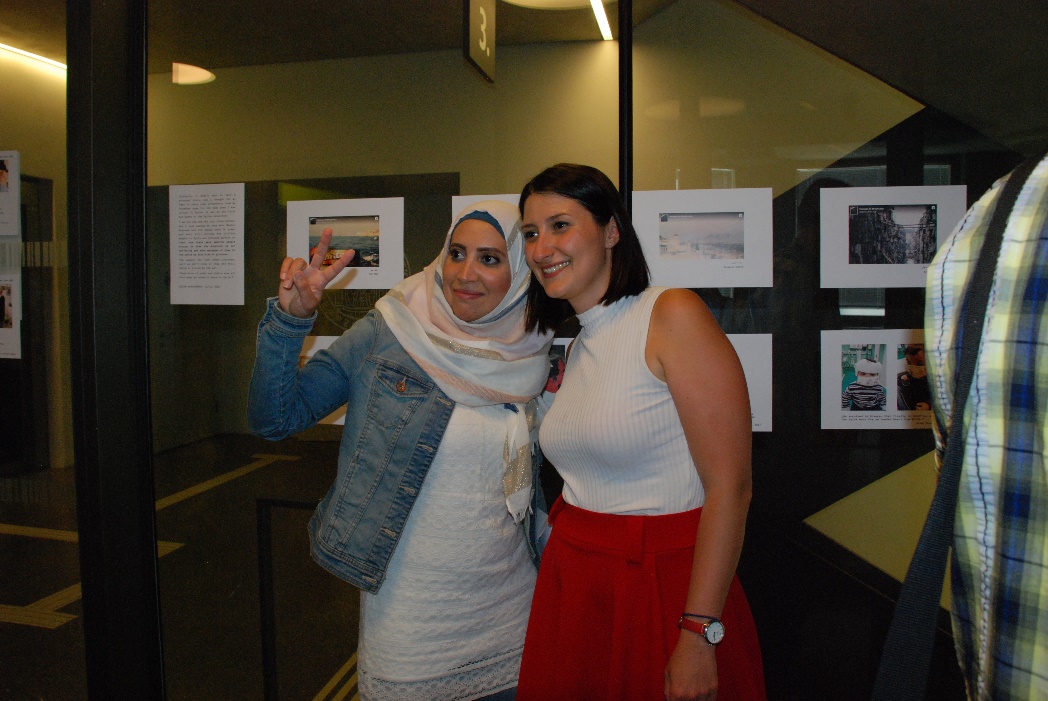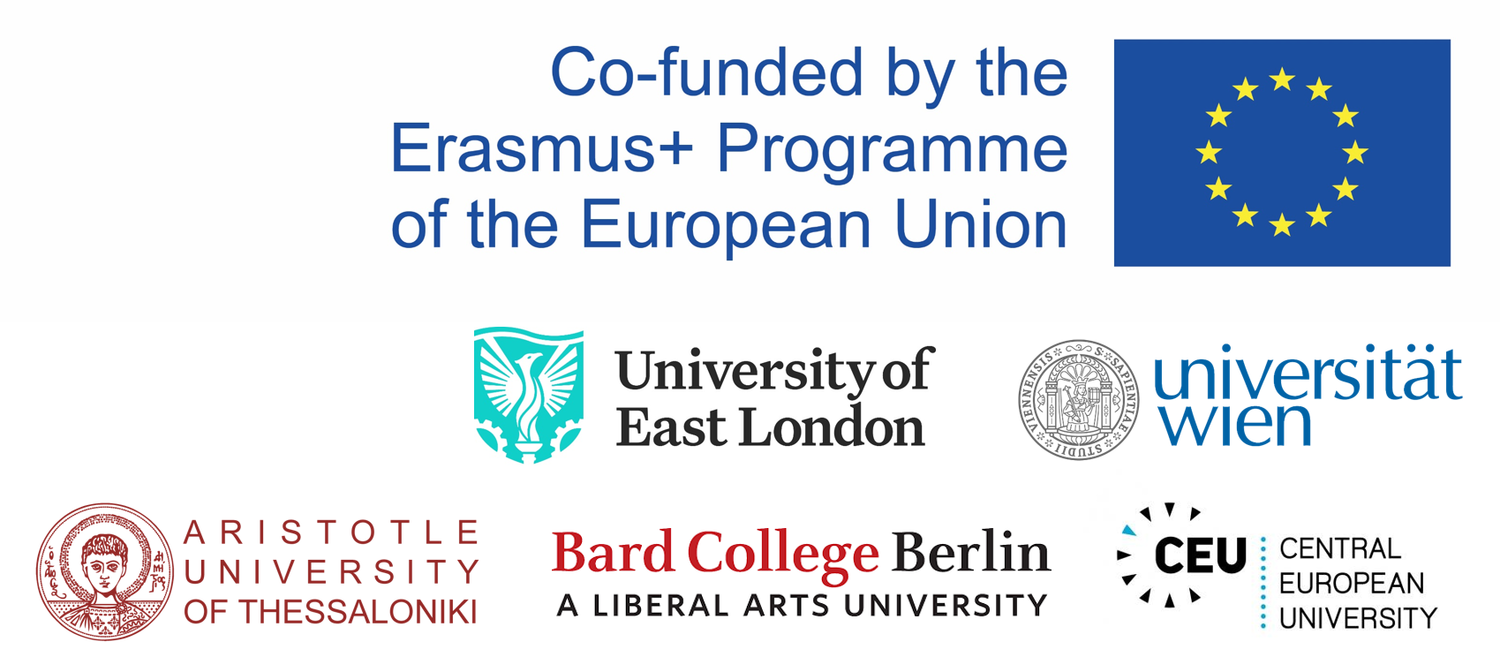Output
SARIKAKIS, K (forthcoming 2022) (ed) Refugees and social belonging: the University as a Communicative Space, Open Access, Chicago University Press/Intellect Books
SARIKAKIS, K (forhtcoming 2021) Η κοινωνική ένταξη των προσφύγων ως πολιτικό, μορφωτικό κι επικοινωνιακό αίτημα: Για μία πολιτική ανανέωσης του δημοσίου πανεπιστημίου [Refugees’ social integration as a political,
educational and communication claim: toward a policy of renewal of the public university] In SKAMNAKIS, A and I. KOSTARELLA Mobile Populations, Education and the Media, (Μετακινούμενοι Πληθυσμοί, εκπαίδευση και ΜΜΕ) Athens: Zygos Publishing
ARISTOTELEAN UNIVERSITY OF THESSALONIKI and UNIVERSITY OF VIENNA (2021) Refugee Education Initiatives 2: Closing conference for the dissemination of the results of REIs 2 Virtual and Regional Press Institute, Chania , Crete 19-22 June. REIs2 Conference Agenda
KASSA, B. (2021) OLIve Women: Offering a Second Chance. In ARISTOTELEAN UNIVERSITY OF THESSALONIKI and UNIVERSITY OF VIENNA (2021) Refugee Education Initiatives 2: Closing conference for the dissemination of the results of REIs 2 Virtual and Regional Press Institute, Chania , Crete 19-22 June.
TAHIR, D (2021) Reflections on the OLIve Programme by the students. In ARISTOTELEAN UNIVERSITY OF THESSALONIKI and UNIVERSITY OF VIENNA (2021) Refugee Education Initiatives 2: Closing conference for the dissemination of the results of REIs 2 Virtual and Regional Press Institute, Chania , Crete 19-22 June.
SARIKAKIS, K (2021) Contribution on Refugees and Higher Education at the "Consultation on the topic of the 6th European Migration Forum“ . 19 May. European Economic and Social Committee
UNIVERSITY OF VIENNA and UNIVERSITY OF THESSALONIKI (2021) Think Tank meeting: The role of Public Universities in the provision of preparatory programmes for refugees. 17 May.
TOMITA, G; SARIKAKIS, K; WOLF, B (2019) The Status of Refugees in Higher Education in Austria Vienna, Austria: 2019
MANTOVANELI; W. P.; SARIKAKIS, K. (2019) Handbook on Refugees and Higher Education: Reflections based on the Open Learning Initiative Programme, Vienna. Vienna, Austria.
SARIKAKIS, K; BELINSKAYA; Y; KORBIEL, I; MANTOVANELI; W. P. (2018) Refugees Shaping Communicative Spaces in Institutions: The Case of the Open Learning Initiative at the University of Vienna. Research Committees session "Migrant Home-Making in the Era of Fortified Borders: Reproducing the Past, Resisting the Present, Redefining the Future?". XIX ISA World Congress of Sociology (July 15-21). Toronto, Canada.
SARIKAKIS, K; BELINSKAYA; Y; MANTOVANELI; W. P. (2018) Theorising Refugee Voices: The Struggle over Communicative Spaces in the Context of Higher Education. Unit.: Philosophy, Theory and Critique. Voices: 68th Annual ICA Conference (May 24-28). Prague, Czech Republic.
MEDIA GOVERNANCE AND INDUSTRIES RESEARCH LAB (ed.). (2017) Resource Handbook: Working with displaced people for teaching and support teams. Vienna, Austria.
Policy & impact
This policy paper examines issues faced by refugees in Austria as they try to access higher education.
